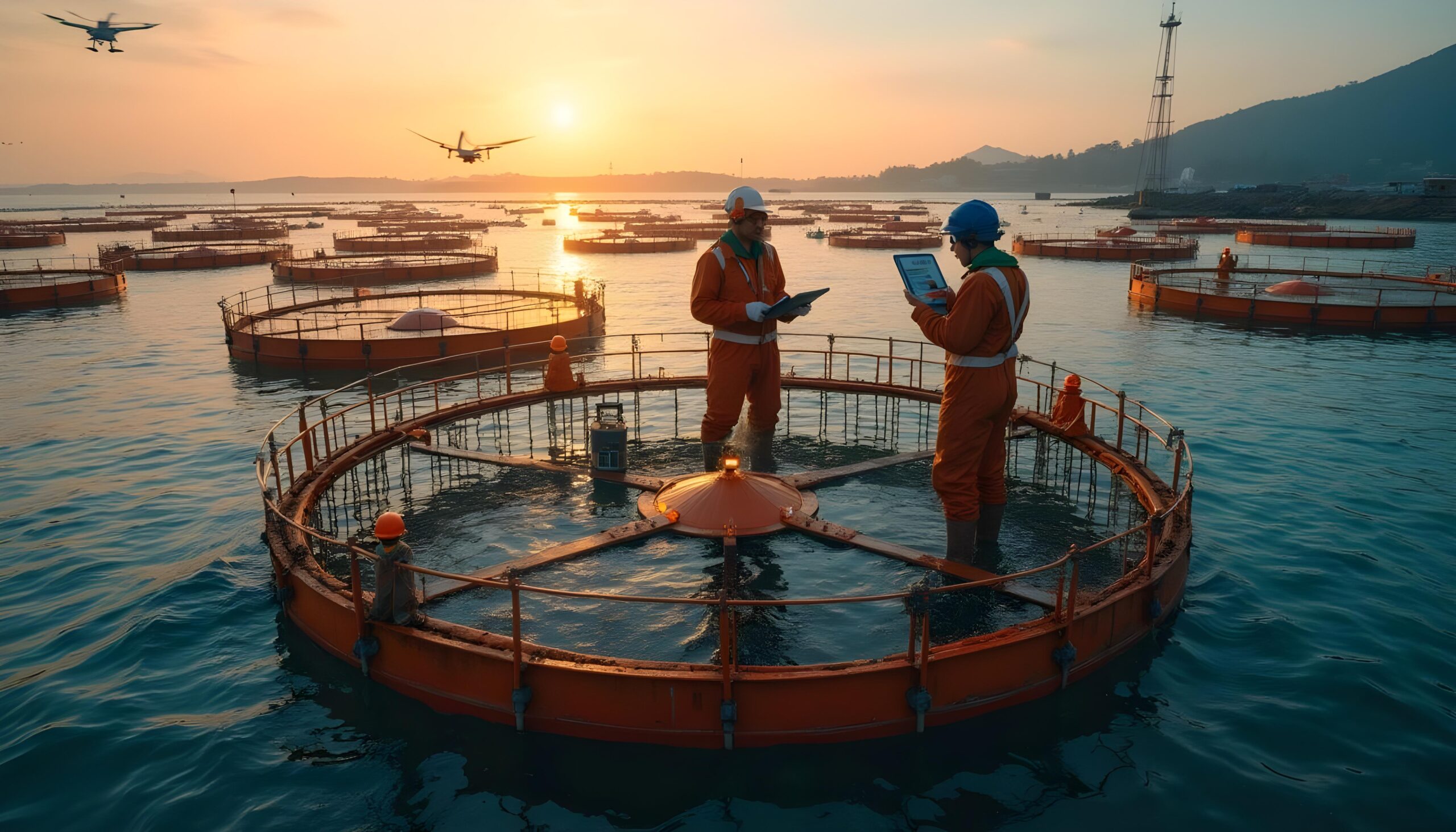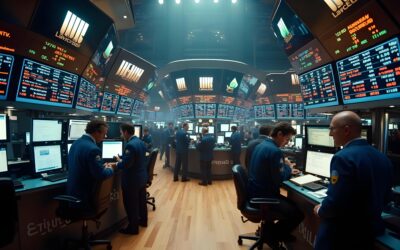Description Blue Economic
-
Objectives
-
Overview
-
Modules
-
Assessment
The Blue Economics subject at UMT provides students with the essential knowledge and analytical skills to navigate the complexities of the Blue Economy. Students will critically examine the economic, ecological, and social dimensions of ocean-based activities, exploring opportunities for innovation and sustainable development.
The course emphasizes the development of strategic solutions for businesses and policymakers to address challenges such as resource depletion, pollution, and climate change, fostering a new generation of leaders committed to a sustainable ocean future.
The Blue Economy encompasses a wide range of economic activities that are dependent on, or utilize, the ocean, seas, and coastal areas. It's a concept that emphasizes the sustainable use of ocean resources for economic growth, improved livelihoods, and jobs, while simultaneously preserving the health of ocean ecosystems.
This involves sectors like fisheries, aquaculture, maritime transport, renewable ocean energy, and coastal tourism, all of which have the potential to contribute significantly to economic development. However, a key aspect of the Blue Economy is the focus on sustainability, ensuring that these activities are conducted in a way that minimizes environmental impact and promotes long-term ecological balance.
Module Breakdown In This Video:
Topic 1.1: Understanding the Blue Economy
-
- 1.1.1 What is the Blue Economy?
- Defining the Blue Economy in simple terms.
- Contrasting the Blue Economy with traditional economic models.
- Visual aids (diagrams, infographics) to illustrate key concepts.
- Examples of Blue Economy activities (e.g., sustainable fishing, offshore wind energy).
- 1.1.2 The Origins and Evolution of the Blue Economy
- Historical context and the emergence of the Blue Economy concept.
- Key milestones and international initiatives.
- The role of the United Nations and other organizations.
- 1.1.3 Core Principles of the Blue Economy
- Sustainability as a central theme.
- Conservation and responsible resource management.
- Economic growth with environmental protection.
- Social equity and community benefits.
- 1.1.4 The Importance of the Blue Economy
- Economic opportunities and job creation.
- The role of the Blue Economy in addressing global challenges (e.g., climate change, food security).
- The interconnectedness of ocean health and economic prosperity.
- 1.1.1 What is the Blue Economy?




0 Comments